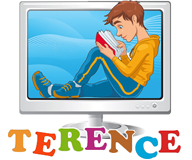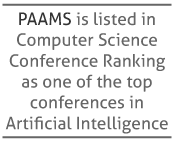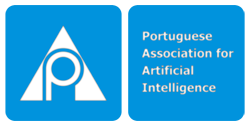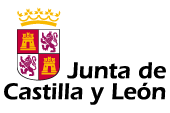Call for Papers - International Journal of Technology Enhanced Learning (IJTEL)
Special Issue on: "Evidence- and User-based Technology Enhanced Learning"
http://ebtel.usal.es/ijtel
http://www.inderscience.com/info/ingeneral/cfp.php?id=2138
Description
The design of accessible, usable and pedagogically effective Technology Enhanced Learning (TEL) products requires solid empirical evidence and the involvement of real users. This special issue seeks contributions that describe how existing empirical evidence or the involvement of real users in the design process allowed TEL researchers to produce accessible, usable and pedagogically effective TEL products. For instance, the issue seeks contributions that describe TEL interventions the efficacy of which rests on empirical evidence analysed with domain experts, as well as contributions that report on accessible and usable TEL solutions designed with and for specific types of users, e.g., users with special needs. Particularly welcomed are contributions that use design methodologies from Evidence Based Design (EBD) as well as Human Computer Interaction (HCI), that focus on empirical evidence and involve real users in the design process.
The issue will bring together contributions concerning TEL systems with success stories and best practices that educators, education stakeholders or education psychologists use to improve their students' learning experience, and specifically including work with students with special needs (e.g., poor/slow readers, students living in impoverished communities or families).
The issue will carry revised and substantially extended versions of selected papers presented at the 2nd International Workshop on evidenced-based Technology Enhanced Learning, but we also strongly encourage researchers unable to participate in the workshop to submit articles for this call.
Subject coverage
Suitable topics include but are not limited to the following:
- evidence and user based personalisation, user modelling and adaptation in TEL;
- evidence and user based games and game learning for TEL;
- knowledge representation and reasoning for evidence based TEL;
- knowledge management and evidence and user based TEL;
- natural language processing and evidence and user based TEL;
- semantic web and evidence and user based TEL;
- Web 2.0 and social learning environments for evidence and user based TEL;
- sharing and interoperability between evidence and user based TEL systems;
- effective teaching techniques and strategies for learning;
- evidence and user based design case studies;
- evaluation guidelines, methodologies and methods for evidence and user based TEL;
- usability guidelines, methodologies and methods for evidence and user based TEL;
- accessibility guidelines, methodologies and methods for evidence and user based TEL;
- evidence and user based TEL for users with special needs.
Deadlines for submission
Deadline for paper submission: July 15- Extended Deadline for paper submission: August 5
- Completion of first review: September 15
- Revision due (first round): October 15
- Final decision notification: October 30
Notes for Prospective Authors
Submitted papers should not have been previously published nor be currently under consideration for publication elsewhere. (N.B. Conference papers may only be submitted if the paper has been completely re-written and if appropriate written permissions have been obtained from any copyright holders of the original paper).
All papers are refereed through a peer review process.
All papers must be submitted online via the Inderscience online system, by registering at http://www.inderscience.com/ospeers/authorregister.php and following the onscreen instructions.
To submit a paper, please read additional information on preparing and submitting articles.
Guest Editors
- Juan Manuel Corchado Rodríguez, University of Salamanca, Spain
- Fernando de la Prieta, University of Salamanca, Spain
- Tania di Mascio and Pierpaolo Vittorini, University of L'Aquila, Italy
- Rosella Gennari, Free University of Bozen-Bolzano, Italy
- Ivana Marenzi, Leibniz Universität Hannover, Germany















